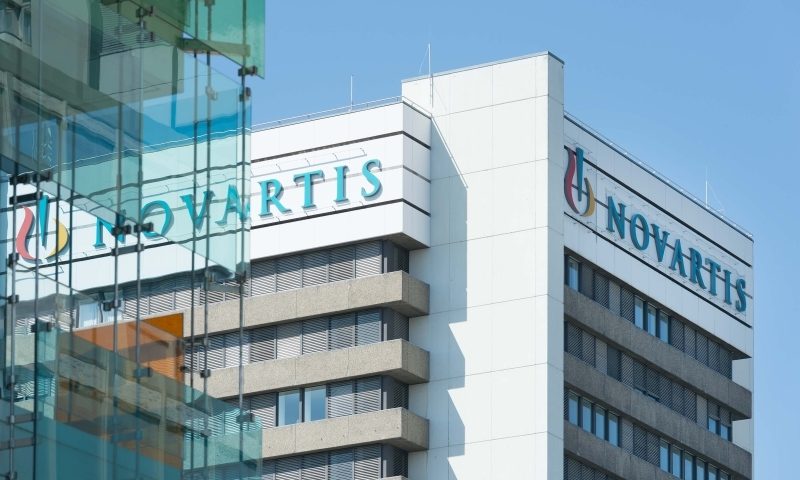Novartis’ experimental PD-1 blocker came up short in a phase 3 combination study. The drug, spartalizumab, given in tandem with the Swiss pharma’s Tafinlar and Mekinist, failed to stave off melanoma compared to the cancer-fighting duo alone.
The study pitted the combination against Tafinlar, Mekinist and placebo in more than 500 patients with advanced melanoma whose disease had spread or could not be treated surgically. The combo did not meet the study’s primary endpoint of progression-free survival, Novartis said in a statement. The company did not go into details but said it would present the results at a medical meeting.
Tafinlar, a BRAF inhibitor, and Mekinist, a MEK inhibitor, are already approved to treat melanoma patients with a specific BRAF mutation: BRAF V600. The company added spartalizumab to the mix in the hopes that combining the targeted treatments with a checkpoint inhibitor could work even better.
Despite promising early data unveiled earlier this year, the approach turned out to be a bust.
At this year’s virtual meeting of the American Society of Clinical Oncology, investigators reported data from 36 patients involved in parts of the study focused on gauging safety and studying biomarkers. The data showed that the combination banished tumors in 44% of patients and shrank tumors in three-quarters of patients. It also kept cancer at bay for nearly two years. But the randomized portion of the study, which involved more many more patients, did not bear out the trend.
Novartis and the study investigators will crunch the data to learn more about spartalizumab. The Swiss pharma will keep working on the program, which includes combining it with other cancer meds in various tumor types.
“While the COMBI-i trial did not reach its primary endpoint, the study’s findings give us valuable insights into the role the investigational immunotherapy spartalizumab may play in future cancer therapy combinations and underscore the previously established importance of Tafinlar + Mekinist for these patients,” said John Tsai, M.D., head of global drug development and chief medical officer at Novartis, in the statement.

